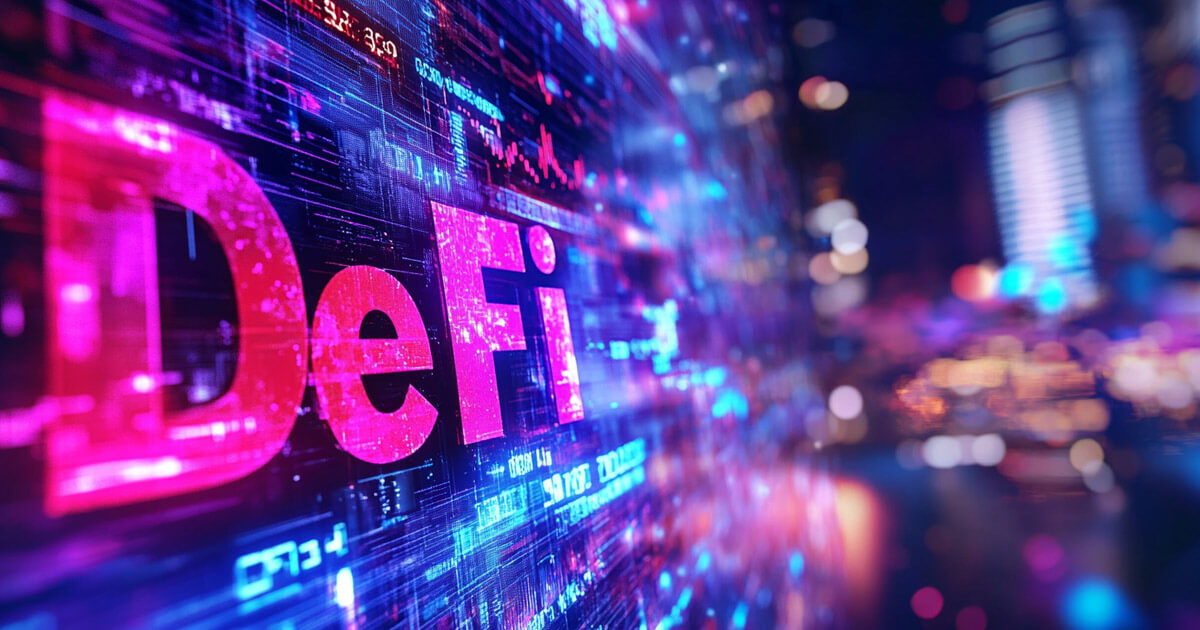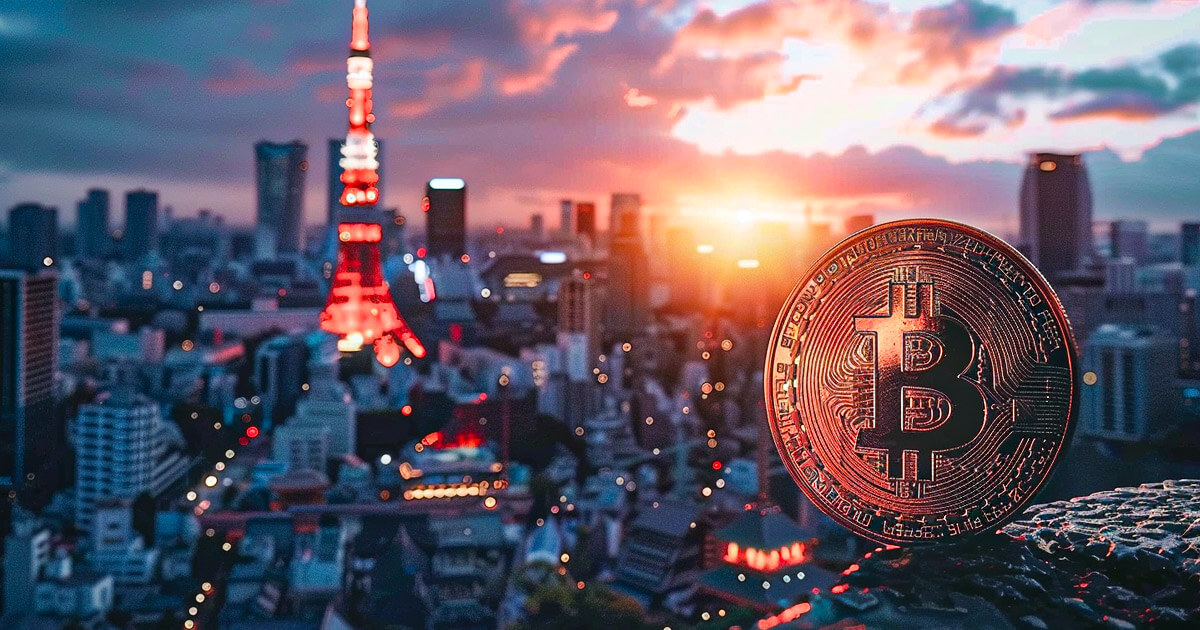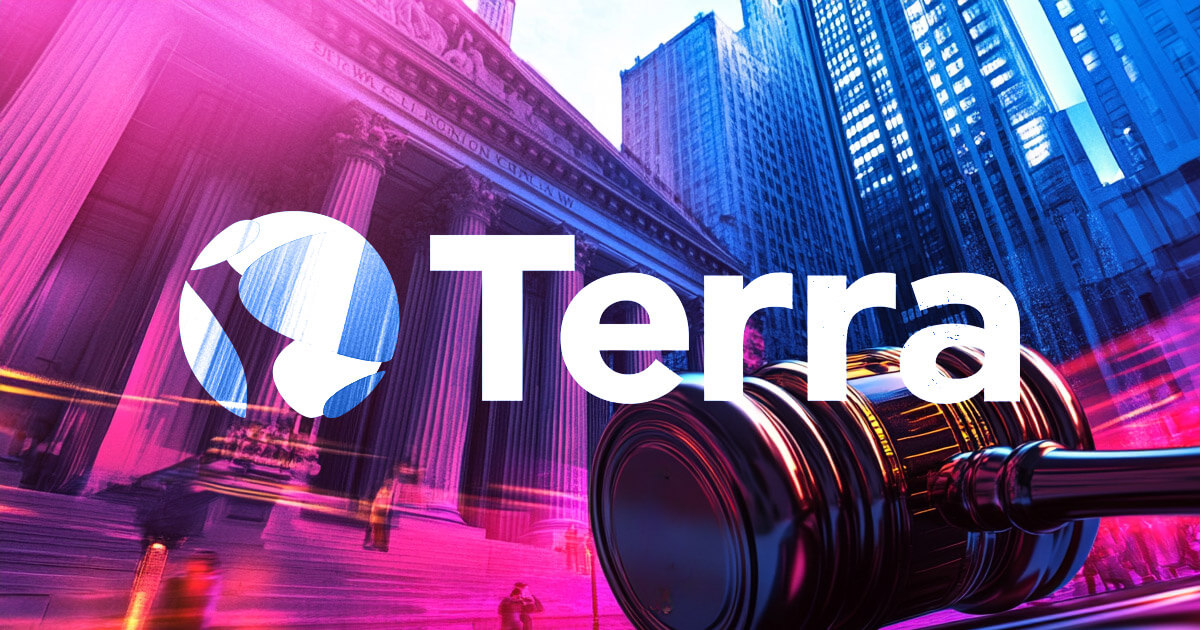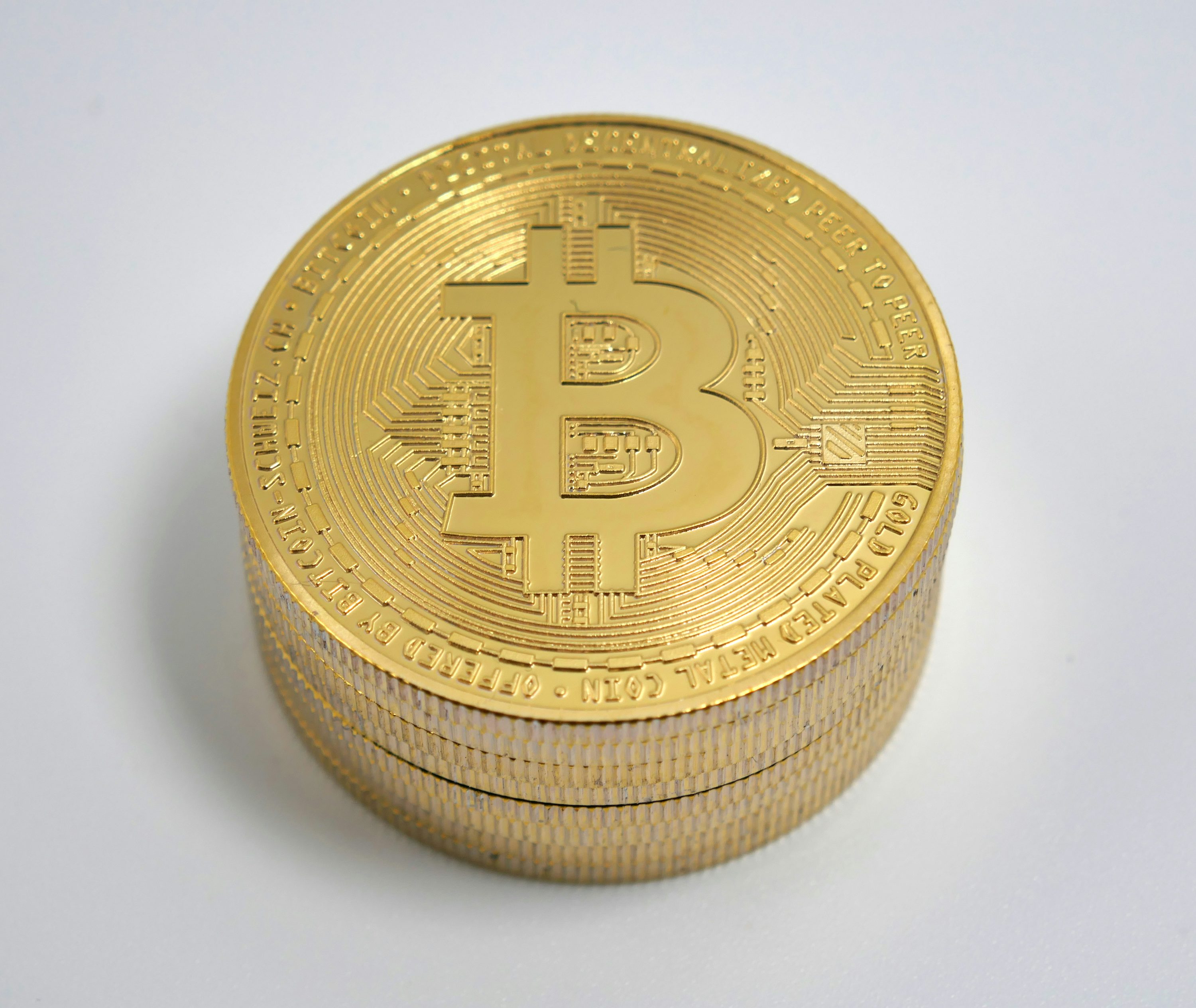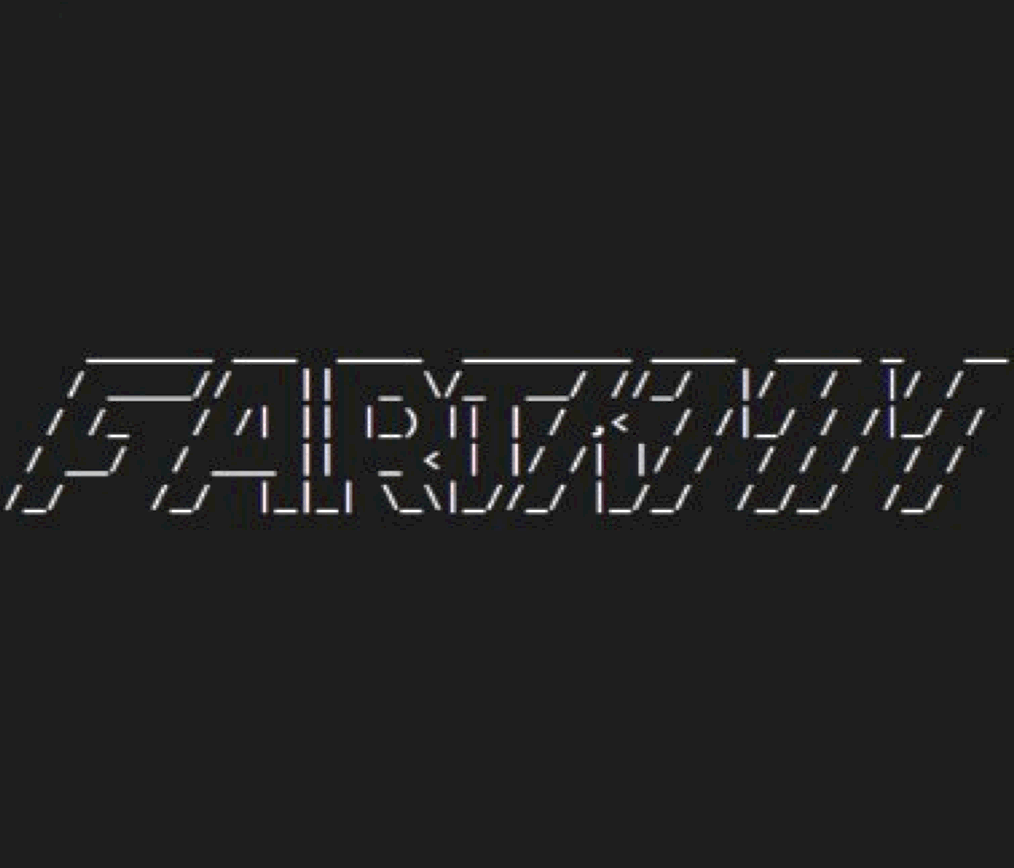A year after the collapse of the Terra trading platform and Luna cryptocurrency, South Korea has passed a law governing how virtual assets such as cryptocurrencies should be handled. The new law puts South Kore at the vanguard of regulating crypto.
The Virtual Asset User Protection Bill was passed by lawmakers in the National Assembly, Korea’s parliament, here on Friday. It aims to protect buyers and holders of virtual assets such as cryptocurrencies.
Terra collapsed in May 2022, in the process erasing close to US$45 billion in supposed market value in Luna and the linked “stablecoin” TerraUSD. I stand by my comments in previous pieces that I hold a lot of made-up digital currency in the videogames that I play.
The new Korean law, which integrates 19 crypto-related bills, stipulates how virtual assets should be stored and how reserves should be treated in case of hacking or computer-system failures. It also specifies how transaction records should be created and managed to track dealing in virtual assets.
The law also lays out penalties for “unfair trade practices,” including the use of undisclosed insider information and the manipulation of market prices. Those convicted of such crimes face both criminal and civil penalties, with liabilities for damages and the potential for class-action lawsuits against the defendants. The Financial Services Commission, South Korea’s markets watchdog, can also impose fines.
Under the new legislation, the Financial Services Commission now has the power to oversee crypto operators, custodians and trading platforms. The central Bank of Korea can also delve into issues such as solvency. The law sets out reserve capital requirements and necessitates insurance to protect investors.
A separate law concerning insider trading in general (rather than just crypto) allows the commission to impose penalties of up to twice the amount of illegal profits or avoided losses. It outlines the regulations barring the use of undisclosed information, the manipulation of asset prices and illegal manipulative trading, with a maximum penalty of 4 billion Korean won (US$3 million). Those convicted can escape the fine or have it reduced if they voluntarily report unfair trading or cooperate in the investigation of other defendants.
Also passed today, an amendment to the capital markets law bars the Financial Services Commission from leaking information that may move the price of derivatives and from sharing data with exchange-traded funds based on derivatives. If there’s no obvious unrealized profit from such leaks, the maximum penalty is 5 billion Korean won (US$3.8 million), although again that can be waived if suspects cooperate with the investigation.
Terra and Terraform Labs were launched by Koreans Daniel Shin and Kwon Do-Hyung. Shin, who is known as Shin Hyun-seung in Korean, was charged with alleged fraud alongside Kwon by South Korean prosecutors. Kwon, who normally goes by Do Kwon, is currently in prison in Montenegro after he was sentenced to four months for using a forged passport and travelling under a fake name.
The U.S. Securities and Exchange Commission has also charged Terraform and Kwon with running a “multi-billion dollar crypto asset securities fraud.” However, Montenegro does not have an extradition treaty with South Korea or the United States, so it’s unclear what will happen once Kwon serves his sentence in the Balkans. He was detained at the airport while trying to fly to Dubai. Shin, who says he resigned two years before the Luna collapse, and Kwon have denied the fraud charges.
South Korea is by some counts the most wired nation in the world, with the highest rate of high-speed Internet penetration. It has been a hotbed of crypto trading as a result, although monthly spot trading volume has fallen from a peak of almost US$200 billion before the Luna collapse to US$38 billion in April.
While the crypto law was first tabled a month ago and is passing after a delay, the National Assembly has been in the spotlight this week as a new law took effect that changes the way South Koreans describe their age. Many Koreans overnight became a year or two younger.
Under the traditional method, you were considered 1 year old at birth and added 1 year on Jan. 1. This led to the unusual situation that if, like me, you have a birthday at the end of December, you quickly would become 2. Now a law has taken effect to fully adopt the normal international standard of 0 at birth and +1 on your birthday.
Get an email alert each time I write an article for Real Money. Click the “+Follow” next to my byline to this article.
Credit: Source link



